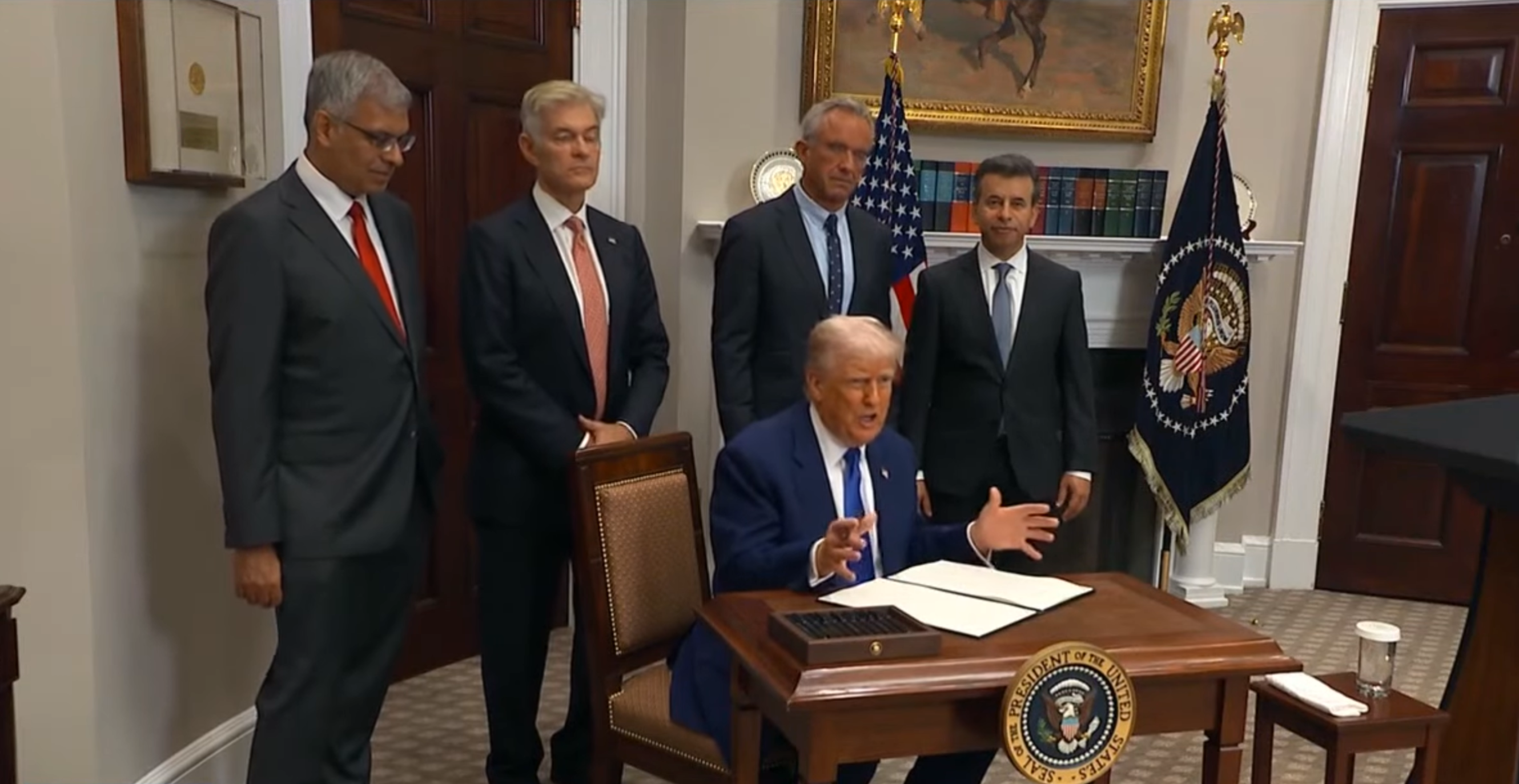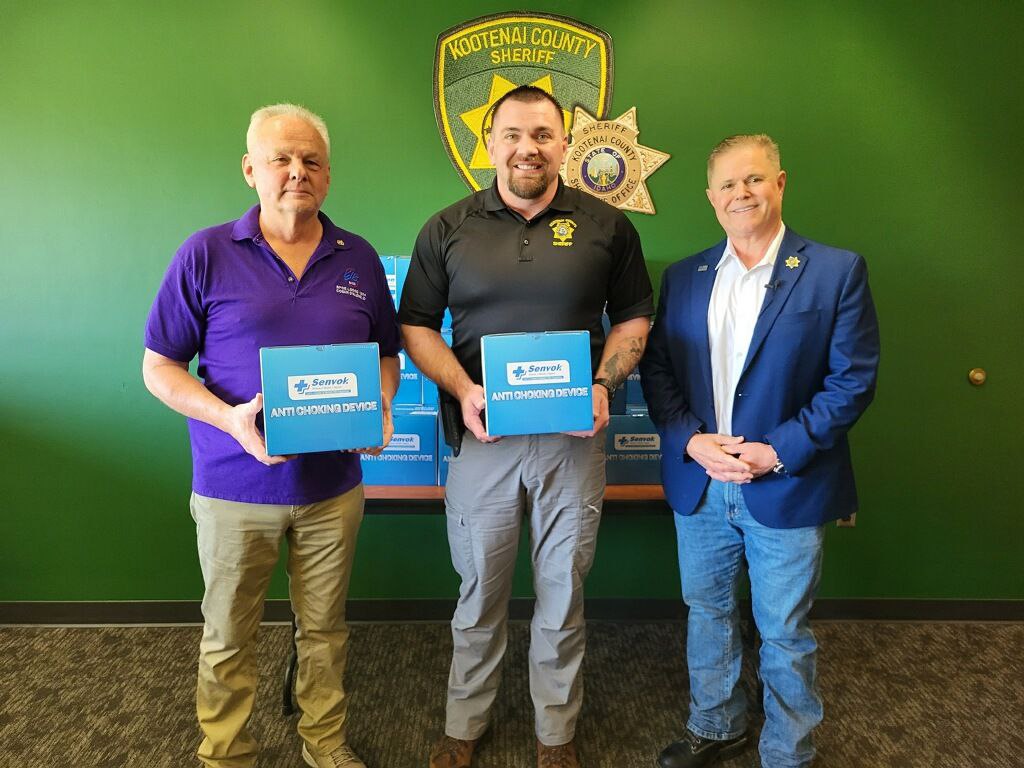“The Right Man, in the Right Place, at the Right Time.”
This old adage aptly applies to John Blanchard, the primary provider for healthcare to those in-custody at the Kootenai County Jail. Blanchard began overseeing the administration of healthcare at the jail in January of 2020, and when Covid-19 altered life as we knew it, he immediately implemented protocols that caused ripples of anxiety amongst leading officials in Kootenai County.
In 2020, Blanchard was up against the numerous measures implemented by government, corporate, and medical officials in their crusade to “stop the spread” of the Covid-19 virus. All claimed to rely on experts at the Center for Disease Control (CDC), the National Institute of Health (NIH), and the World Health Organization (WHO). All claimed their measures were necessary for the safety of our communities.
Blanchard’s common sense, training, education, and experience told him the experts were wrong. As a dedicated Acute Care Nurse Practitioner (ACNP-BC) with a passion for trauma care, John Blanchard holds an impressive 30+ year career with air-medical, critical care, cardiac medicine, emergency medicine, clinical research, and oncology and nursing education. He refused to play by “the experts” rules while exercising his duties and responsibilities during Covid. He was unafraid to hold the line as an advocate for himself, his staff, and those who relied on his care, against the medical and judicial restrictions for Covid-19 mitigation protocols.
“Do what is right, not what is easy,” Blanchard asserted:
- No masks.
- No daily nasal Covid testing.
- No social distancing.
- No clear plastic barriers.
- No coerced mRNA injections.
Across the board, Blanchard’s decisions directly opposed “the experts” demands. Even pushback by powerful local officials did not dissuade Blanchard. From local criminal attorneys, to medical practitioners, to magistrates, to district health officials, to corporate administrators – Blanchard was hindered at every turn with threats and demands to impose “the experts” Covid protocols. To the judicial officials who insisted he perform daily Covid tests on inmates, he said, “Go to medical school, get my job, then practice medicine as you see fit. Until then don’t tell me how to do my job.” To his corporate administrators at Vital Core who were frustrated by his refusal to implement stringent and costly mitigation protocols, he said, “I don’t treat political viruses, only biological ones.”
His refusal to comply may have ruffled the feathers of those with power, but his practices were embraced by his staff and jail deputies, and the results validate his position.
- No Covid related hospitalizations.
- No intubations.
- No deaths.
- Millions of dollars saved.
In fact, Blanchard’s standard of care protocols for Covid-19, coupled with several procedural changes to how care was given to inmates, saved the county so much money in overage costs that the County Commissioners were amenable to increasing the contract with Vital Core, which allowed them to raise the salaries of his staff.
Kris Andrews RN, the Director of Nursing with Vital Core serving under Blanchard, credits John with protecting her and others from forced mRNA injections: “The corporate administrators and Panhandle Health officials were pushing hard to mandate that staff and in-custody people get the Covid shot. I told John I would sell my house and live in a cardboard box before taking that shot. His policies gave me the ability to do my job without fear of losing it.”
There’s more to Blanchard’s policies and standard of care than just those related to Covid mitigation. Blanchard and Andrews spoke extensively about the problem drug addiction causes to the health and safety of inmates, staff, and deputies. In direct opposition with his corporate administrators at Vital Core, Blanchard is hesitant to prescribe Buprenorphine, an opioid medication commonly used to treat severe pain and opioid use disorder (aka drug addiction to opioids like Heroin and Oxycodone). Produced in tablet form under the brand name Subutex, Buprenorphine creates a dangerous environment within the inmate population. “The community should know that several medications that are benign in the community become a commodity in the jail which leads to diversion. Inmates are harassed and bullied by one another to obtain them and it becomes a dangerous and even life threatening game,” Blanchard stated.
Blanchard’s policies mean those who come into the jail dirty, immediately go into detox programs that are governed by extensive safe-withdrawal protocols. There is some controversy about his methods, as many healthcare providers buy into the MAT (mediated assistance treatment) program to transition addicts off their drug of choice. While this program can work on the outside, Blanchard insists there is greater harm caused when it’s implemented on the inside. “I have seen over the years with addiction medicine ultimately, trading one addiction for another. That method doesn’t sit well with me.” asserted Blanchard.
Additionally, the procedures Blanchard implemented providing comprehensive care for those in withdrawal significantly reduced the need to transport inmates for methadone treatments. Methadone is a long-acting opioid medication that is used to reduce withdrawal symptoms, most commonly used with heroin addicts, and can only be dispensed through a SAMHSA certified Opiate Treatment Program (OTP). SAMHSA is part of the federal government’s health services, and the closest certified OTP is located in Spokane. The costs associated with transporting the inmates were exorbitant, costing Kootenai taxpayers hundreds of thousands of dollars. It also placed a significant strain on the limited personnel within the sheriff’s department. It is no secret the sheriff’s office is understaffed, and using critical patrol deputies to transport inmates out of state to alleviate their withdrawal symptoms was a poor use of resources that placed additional risks on the community.
Closely related to the care needed for those who come into jail with drug addictions, are those who have neglected proper care for their chronic conditions and mental health. It is a primary concern for the staff to get these individuals on a treatment program that stabilizes their health, so they have the ability to function well when they are released. “Many people leave here in a much better physical and mental state than they have known in years,” shared Andrews.
Blanchard also implemented a policy known as cell side visits. A cell side visit is where the medical personnel go directly to the location the inmate is housed in, instead of bringing the inmate to the clinic. He discussed the advantages of cell side visits, “I am able to see 15 to 20 patients in a shift cell side versus maybe 5 to 8 in the clinic.” He also explained how he is able to assess a more accurate picture of the person’s overall status while seeing them in a less controlled environment that is necessary for security in the clinic setting.
Few Americans were willing to risk bucking not only the healthcare system, but also the judicial system, and their employers all at the same time when Covid upended our society. John Blanchard could not be cowed into compliance. His position gave him the ability to protect others from the harmful results of “the experts” Covid-19 protocols.
Blanchard and Andews say they are in need of medical professionals to join their team at Kootenai County Jail. “We have full-time, part-time, and per diem shifts available,” shared Andrews. Registered Nurses and LPNs are encouraged to apply by emailing Katie Orona, RN Health Service Coordinator at korona@vitalcorehs.com







